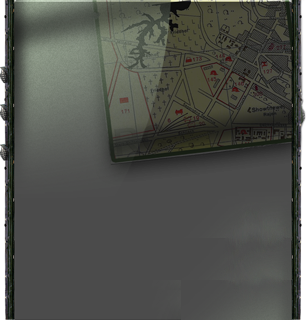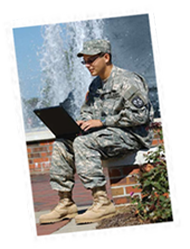







Although it would appear that collaboration would be most successful in a synchronous environment, the main challenge that military students face that others may not experience is being in many different time zones. Military students may live in time zones that vary six to ten hours from their professor's location. With this variance of time zones for participants, it is often a frustration to all who are involved to collaborate synchronously through chat rooms or virtual classrooms. However, collaboration can be quite successful in asynchronous situations using discussion boards. Rena M. Palloff and Keith Pratt (2007) suggested that the discussion board in an online classroom is the "heart and soul of an online course" (p. 148).
As instructors develop discussion board environments, they cannot just post a question and an area for students to answer them, but the instructor should also provide guidelines and timelines for the students to interact and collaborate on the discussion board. Instructors must develop questions that encourage students to think more critically and to create new understandings based on their thoughts and interactions. There are several types of questions that may aid in creating a collaborative and productive discussion board environment (Palloff & Pratt, 2007). The questions that the authors recommend might be placed in two categories: questions that seek further answers and questions that ask the student to expand their thinking. The questions that seek further answers might ask for more evidence, request further explanation, and offer open-ended concepts. The questions that ask students to expand their thinking might ask the students to think hypothetically, to summarize and synthesize information, and to link findings with other possibilities.
My course, ENG 1102, is an online composition course which requires students to read and analyze a variety of genres of literature. The students write essays after reading short fiction, poetry, and drama. They also complete a research paper combining their research with their literary analysis. It is important to me that all my online students, including soldiers, are able to have many of the same experiences as the students in a more traditional classroom. Peer reviews and the discussion board allow students interaction and exchange that they might experience in a traditional on site course. Students peer review in groups for each writing assignment. They also are required to participate within their groups on the discussion board. The following information provides insight about the peer reviews and discussion board assignments that we conduct in my online composition course.